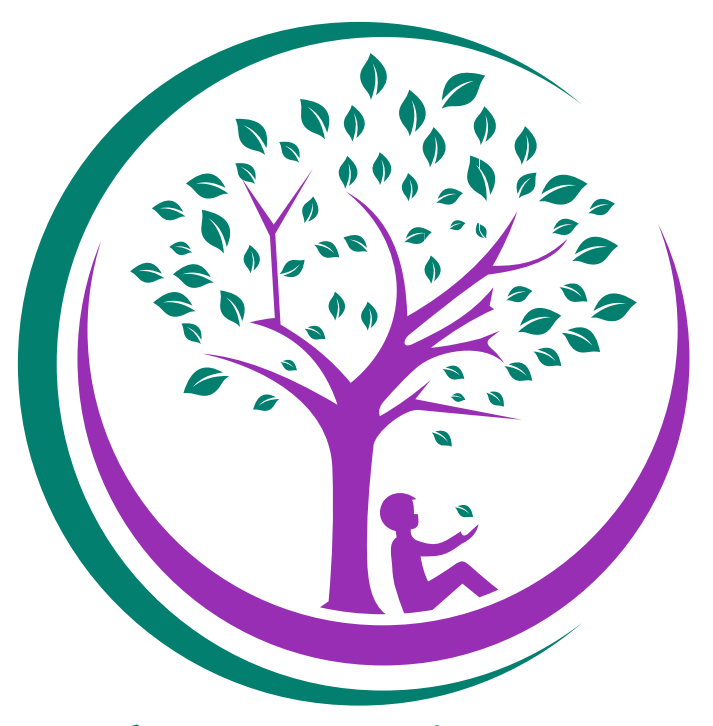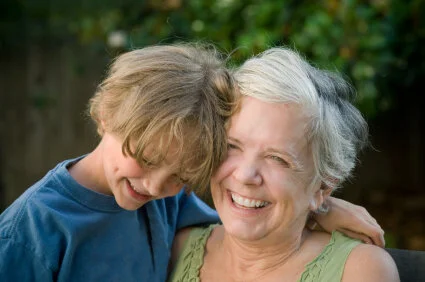
What it is and how it happens
The idea of kinship care is not new. Throughout history, relatives and friends have helped each other during times of need. They have cared for each other’s children during the birth of a child, following the death of a loved one, during a serious illness and while parents were out of town for work. But today, increasing numbers of children are being cared for by “kin” on a full-time basis.
The two most common ways children come into the care of relatives or family friends are:
Voluntarily
When parents arrange for relatives or friends to care for their children while they cannot — for a few months over the summer or for longer periods while the parents are completing military service or working out of the area.
Involuntarily
When a family court orders the removal of a child from their home as the result of a juvenile proceeding in which the State alleged the child or youth:
- Was abused or neglected
- Was without or beyond the parents’ control OR
- Committed a delinquent act
Kin can include:
An adult relative such as a grandparent, aunt, uncle, cousin or older sibling
A non-related adult who has a family-like bond with the child or family (sometimes referred to as fictive kin)
Why kinship care happens:
Kinship care happens for many reasons, including when parents are:
Separated from their children by choice or circumstance (e.g., deportation, incarceration, military deployment or substance use disorder treatment)
Unwilling or unable to safely care for their children
Deceased
Kinship care can happen through both formal and informal arrangements —on either a temporary or permanent basis. It might start with grandparents caring for their grandchildren on weekends, then for longer periods of time and then, before they know it, all the time.
How VKAP can help families:
Vermont Kin As Parents
Offers information about resources available to kinship families and makes referrals to agencies as needed.
Helps families understand and navigate the different systems in which they may be involved, including courts, Department of Children and Families, mental health and substance abuse agencies.
Collaborates with state and private agencies about specific family needs.
Meets with families and those supporting them to develop supports the families need.
Offers small respite grants to families as funding is available; partners with local Agencies on Aging who may have funds available to those 55 and older.
Helps communities develop kinship support groups, which can be a lifeline for relatives and the children they are raising, and holds meetings for support group leaders.
Offers an annual kinship conference for caregivers and those who work with them.
Has an annual picnic for kinship caregivers and the children they are raising.
Publishes a quarterly newsletter, VKAP Voices, which updates families and professionals about what is happening in the state and nationally and includes kinship stories and information on resources.
Testifies before the Legislature on bills that affect the daily lives of families and works to pass those bills
Meets regularly with the DCF Commissioner and Deputy Commissioners to discuss kinship issues and ways to address them
Through national and state connections, is aware of changing legislation impacting kinship families, offers the kin perspective whenever possible, and informs caregivers of the changes.


